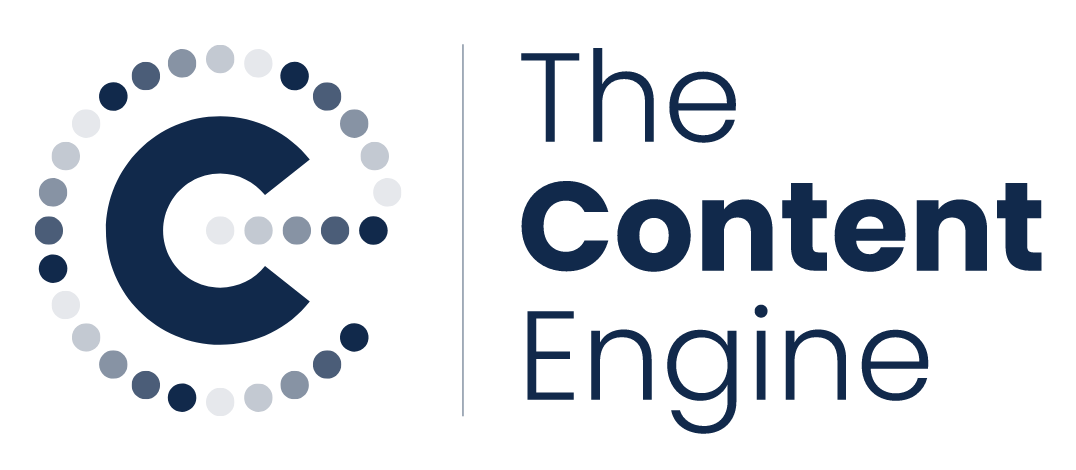What's the source? A foolproof guide to fact-checking your content
Did you know that more than 80% of claims made about US politics on social media were found to be false?
I hope not…because it isn’t true. I plucked a convenient statistic out of thin air to give my argument more authority, something that happens all too frequently online.
Here’s a stat – verifiable this time – that helps explain why: just 23% of 16 to 74 year-olds in the EU fact-check information they see online.
Fact-checking isn’t just something we should all do to prevent the spread of dis and misinformation, it’s important for the integrity of any organisation. After all, nothing damages a reputation like falsehoods and inaccuracies.
With that in mind, here are some top tips to help strengthen your fact-checking process.
Scrutinise your sources
If you needed medical advice, you’d go to a doctor. Need legal instruction? You’d hire a lawyer. Why? Because they have expertise in those specific fields.
The same goes for sources. As a rule of thumb, the more specialised, the better.
Where possible, try and verify your information in a peer-reviewed journal since they have always been through multiple rounds of editing, their statistics and information scrutinised by experts and editors. They are also a fountain of knowledge when it comes to finding other related sources.
However, access to these journals is not always available and you may not want to spend hours on academic search engines with your head buried in papers. Thankfully, there are many brilliant alternatives.
Academic websites are a great place to start. Many of the world’s leading academic organisations, such as MIT and Imperial College London, produce accessible content synthesising their research so you don’t have to. Add to this accessible academic sites like The Conversation and there are plenty of rigorously researched stories to choose from.
NGOs and Think Tanks are another reliable avenue for information, with many commissioning their own research. The Environmental Defense Fund produces independent reports on climate change, the Geneva Association on insurance and the Valuing Water Initiative on water management.
Trade press is usually a credible option for coverage from the world of business. Virtually every industry has its associated media, providing specialist reporting on niche topics, from skips to sandwiches.
Supranational orgs like the OECD, IPU and Gavi are another trustworthy source. They oversee vast datasets from their member countries, producing reports cited by politicians and journalists alike.
Once the experts have crunched the numbers and published their findings, their research is usually picked up by the press, anywhere from established outlets to smaller, independently run websites. This is the most widely accessible and convenient way to find information online. But it’s here that we need to tread carefully. Why?
Writers can be guilty of bias, conscious or unconscious, which can affect how they interpret facts and figures.
The UK’s Daily Mail newspaper once infamously claimed to have “irrefutable evidence” that an influential paper published in Science: “exaggerated global warming and was timed to influence the historic Paris Agreement on climate change”.
It was later revealed that many of the article’s claims were misleading and based almost entirely on an interview with just one academic. This prompted action from the press regulator and a disclaimer was added to the web version of the story to correct the record.
Whilst larger news outlets have regulations to prevent and punish inaccurate reporting, smaller websites aren’t subject to the same checks.
It is important, then, to scrutinise not just where the information came from, but how it’s presented to us.
US organisation Allsides have some really handy tools to help you do this.
Rather than taking facts and figures at face value as they appear in a news story, it is always important to delve into the original research and see for yourself. This is the best way to guarantee your claims are backed up by the facts.
Report with accuracy
Now you’ve verified that the information in front of you is accurate, it’s up to you to communicate it with the same level of precision.
Accuracy should always trump readability or argumentative convenience, even if that means spending longer searching for a different piece of data or rephrasing a zingy sentence.
Sometimes we even misrepresent information without realising it. This is more likely when covering a subject outside of our comfort zone, so take extra time to fully understand what you’re communicating – or commission a writer that already does.
It’s something we take very seriously here at The Content Engine.
Every piece of content we produce is fact-checked through multiple layers of approvals and we use specialist writers to help make sense of scientific and technical content.
It might be time-consuming, but fact-checking is an essential part of the content creation process. It’s vital that we restore honesty and accuracy to the online conversation and however large or small your audience, all organisations have a role to play.

